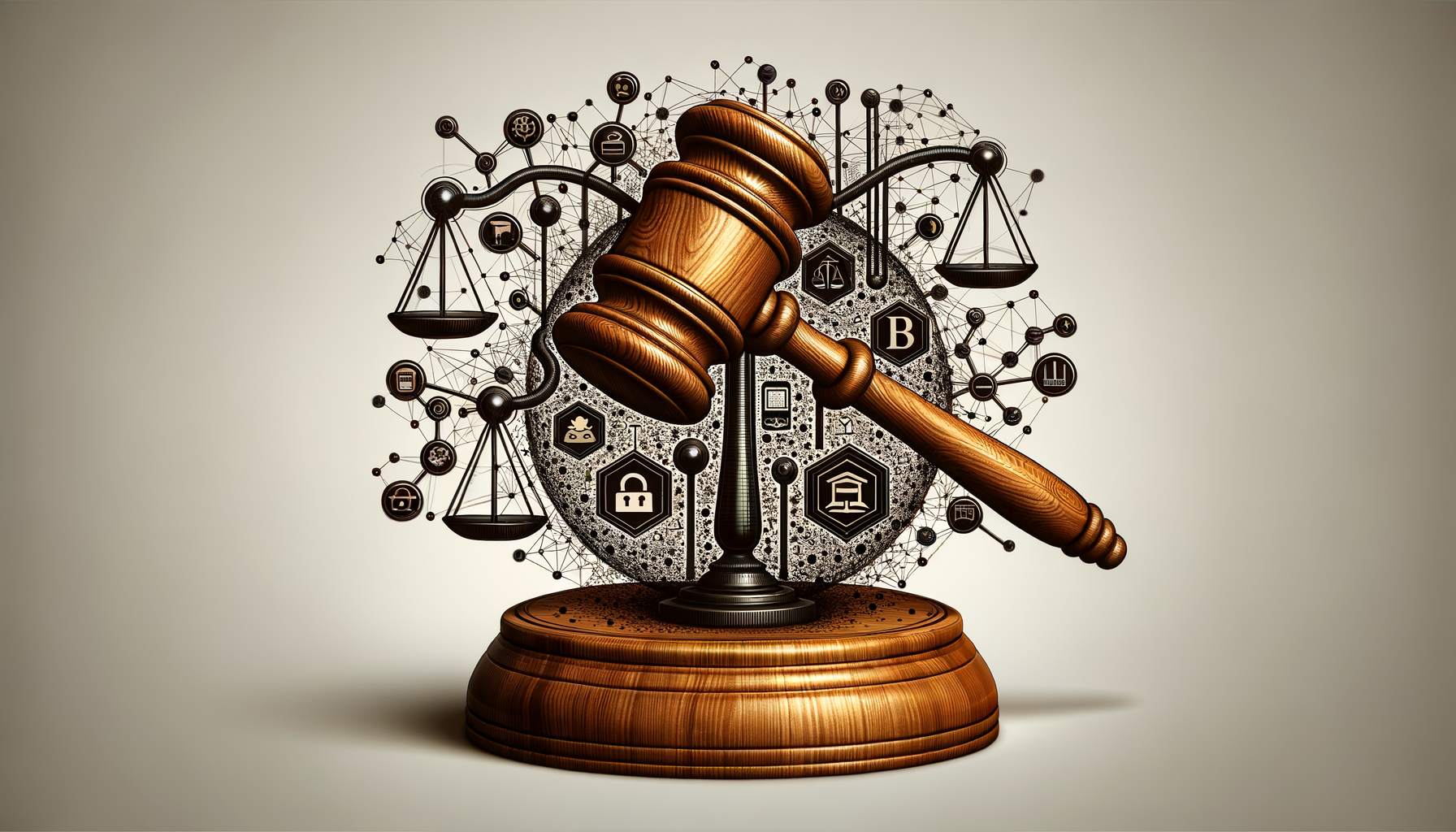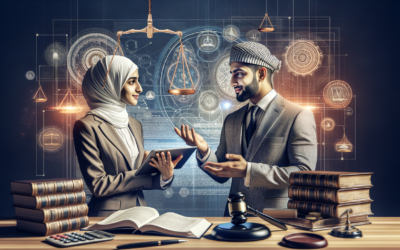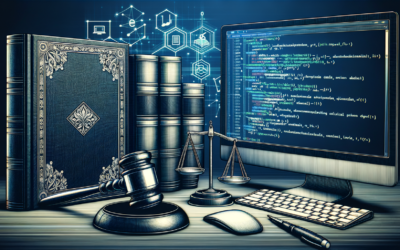Internet Law
In the digital age, Internet law has become an essential part of global regulation, encompassing all legal issues related to the use of the web. From online freedom of expression to commercial transactions, this branch of law is evolving rapidly to adapt to the new technologies and challenges of the digital world.
What is Internet Law?
Internet law, also known as cyberlaw, refers to the body of legal rules that apply to activities on the Internet. It covers a wide range of areas, including data protection, cybersecurity law, intellectual property and more. This legal framework is designed to regulate online interactions, protect users and guarantee the smooth operation of the digital ecosystem.
Importance of online regulation
In today’s interconnected world, online activities have a considerable effect on real life. From e-commerce to social networking, every transaction and communication can have legal implications. This makes Internet regulation crucial for protecting consumers, safeguarding intellectual property and ensuring the security of digital exchanges.
Data protection and privacy
Privacy and data security are at the heart of Internet law. With the adoption of regulations such as the RGPD(General Data Protection Regulation), users enjoy greater control over their personal information. These standards require companies to follow strict guidelines on data collection, processing and storage.
E-Commerce and Contracts
Internet law plays a pivotal role in e-commerce. It ensures that online contracts are valid and respect consumer rights. Instruments such as the electronic signature have facilitated the execution of online contracts, while the law ensures their conformity and legal force.
Artificial Intelligence and Legislation
The emergence ofartificial intelligence (AI) in all spheres of life raises new legal issues. From questions about liability in the event of AI failure to the management of rights to the data it processes, Internet law needs to provide a framework for these technologies to prevent abuse and errors.
Intellectual Property
Creating and distributing content on the Internet raises crucial issues in terms of digital intellectual property. Internet law shapes the framework within which authors and content creators can protect and monetize their works, while combating piracy and the misuse of copyrighted material.
Frequently asked questions
Here is a list of frequently asked questions about Internet law:
What are the main challenges facing Internet law?
The main challenge is to keep pace with the constant evolution of technology. The emergence of smart contracts, for example, is changing the traditional conception of contractual commitments, and requires legislative adaptation. Similarly, the need for uniform legislation across different jurisdictions presents complications.
How are copyrights protected online?
Online copyrights are protected by legislation that applies to the digital space, notably the WIPO Copyright Treaty. Online platforms also have a responsibility, and some must put in place processes to prevent copyright infringement, such as notification and removal of illegal content.
Is online regulation international?
Yes, there are efforts underway to harmonize Internet regulation on an international scale. Organizations such as the European Union have implemented transnational directives such as the RGPD. However, each country may have its own laws and regulations in addition to, or different from, international standards.
In short, Internet law is a dynamic and indispensable branch of law that touches on almost every aspect of our online existence. With the advancement of technology and the growing integration of AI, blockchain and other novelties, it continues to develop as a legal framework for the digital space.




